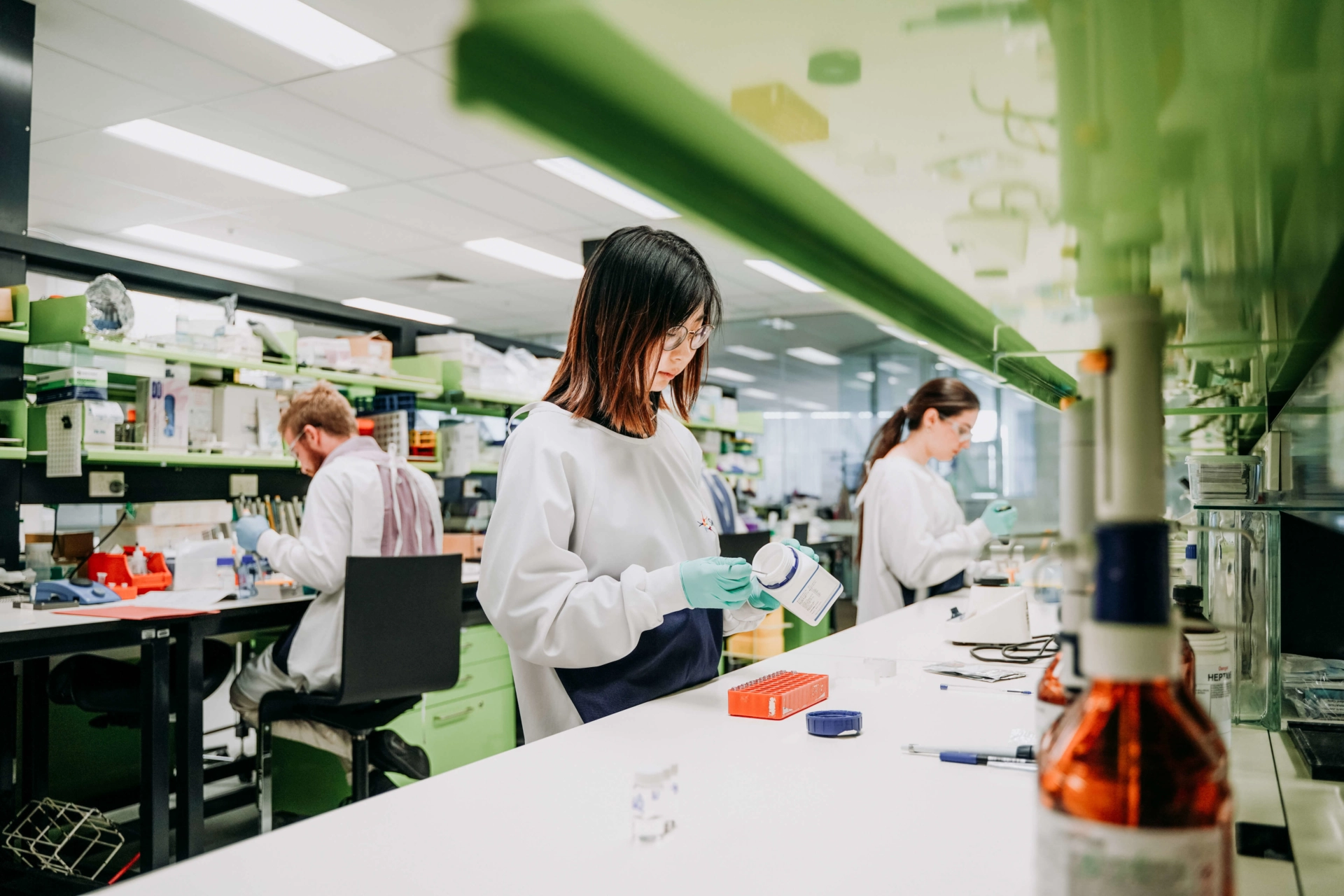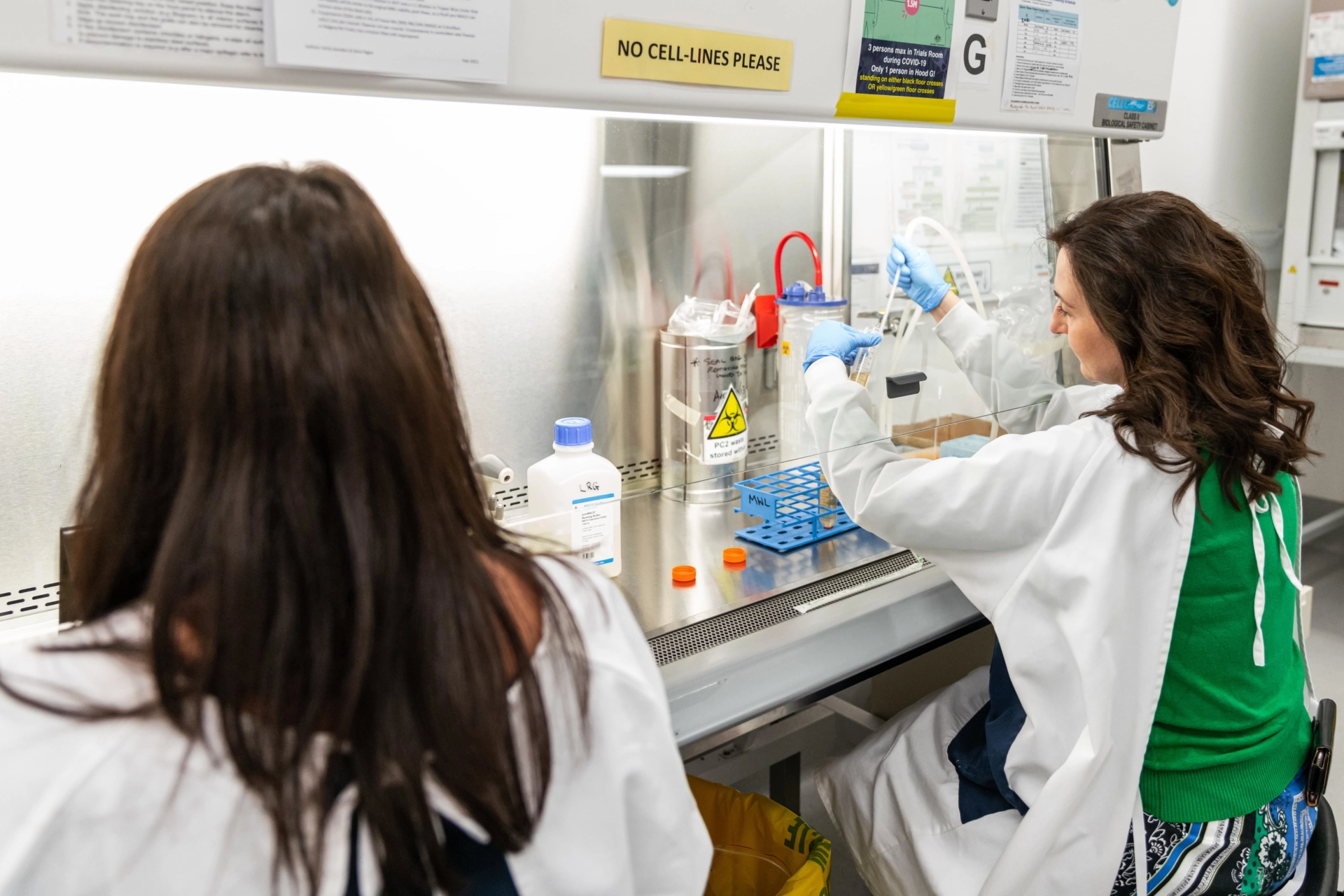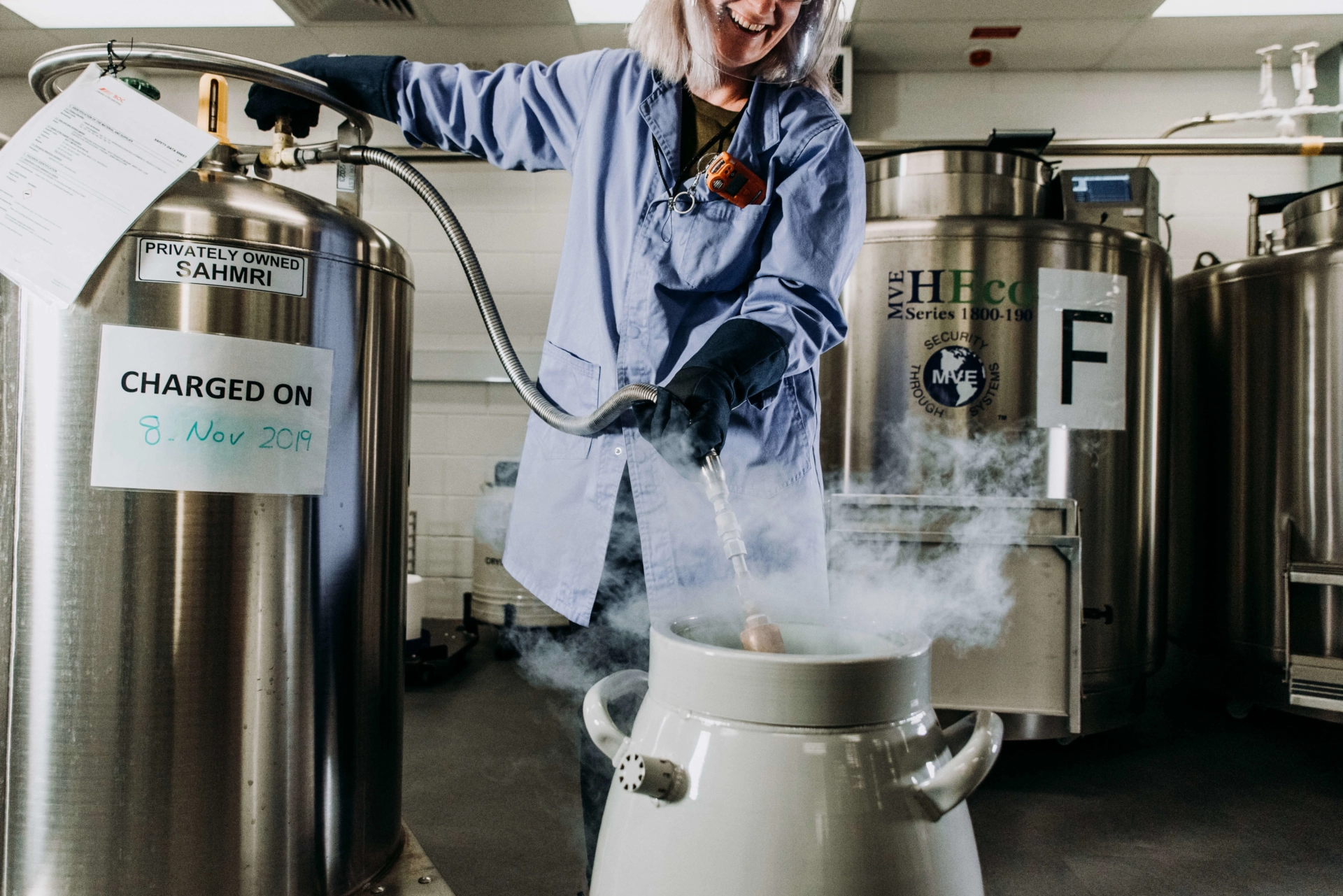What does SAHMRI research?
The good health and wellbeing of Aboriginal and Torres Strait Islander people is about more than just the absence of illness or injury.
Discover SAHMRI's research on Aboriginal Health here.

With the population ageing, in Australia and globally, research into healthy ageing has never been more important.
Discover SAHMRI's research on Ageing here.

Musculoskeletal conditions affecting the bones, joints and muscles can include arthritis, back pain, gout, osteoporosis and fibromyalgia.
Discover SAHMRI's research on Bones and Joints here.

Cancer is the broad term for a wide variety of diseases caused by some of the body’s cells growing and spreading uncontrollably.
Discover SAHMRI's research on Cancers here.
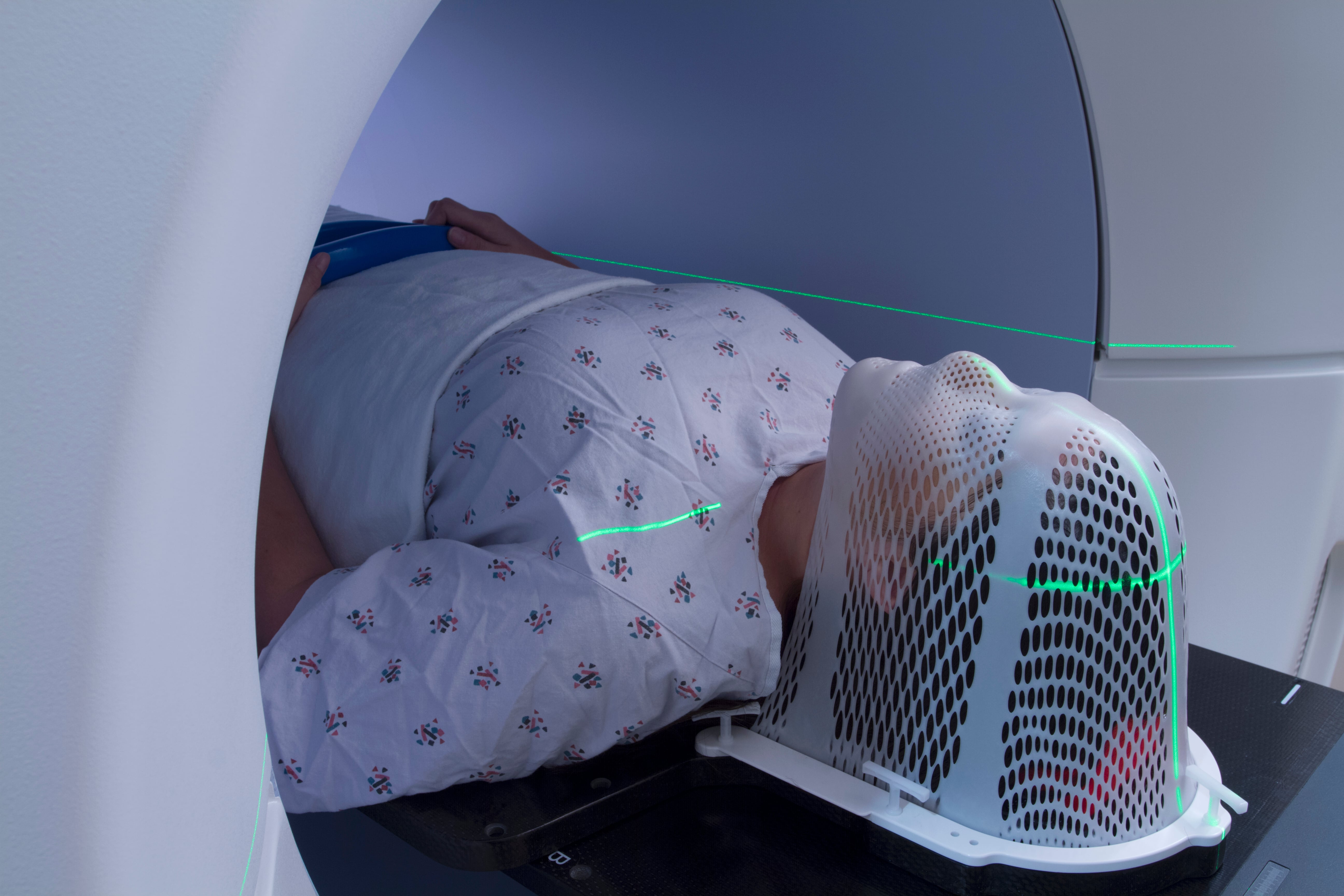
The cell is the fundamental unit of life, providing the structure and function for all living things.
Discover SAHMRI's research on Cell Function here.
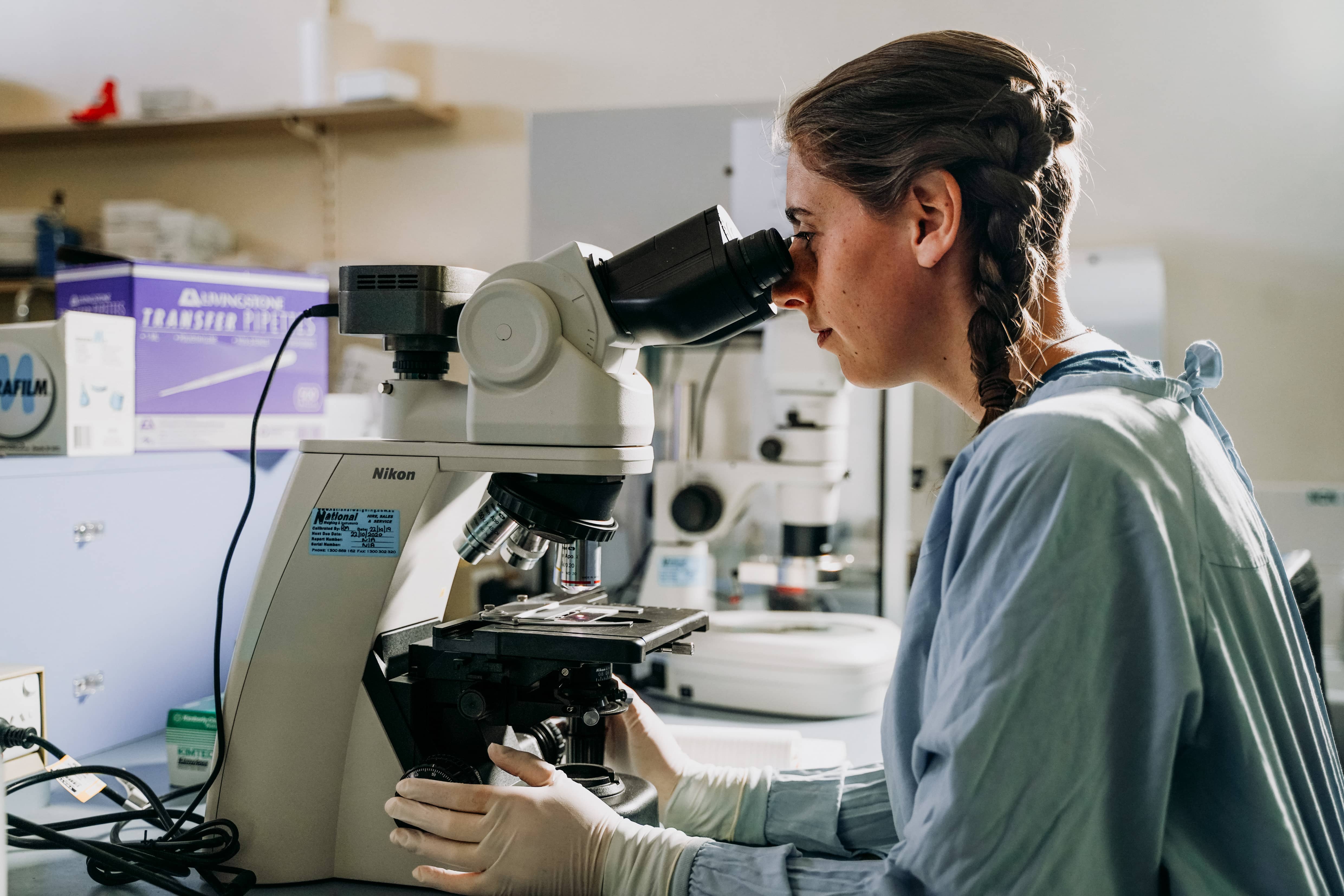
Clinical trials are a type of clinical research where people volunteer to be involved in evaluating the health outcomes of new tests, treatments or interventions.
Discover how SAHMRI utilises Clinical Trials here.

COVID-19 has quickly become the defining health and societal challenge of a generation. It is a disease that is caused by the SARS-CoV-2 coronavirus which reached pandemic proportions in early 2020.
Discover SAHMRI's research on COVID-19 here.

Dementia can affect a person’s memory, behaviour and physical capabilities.
Discover SAHMRI's research on Dementia, Brain Function and Neuroscience here.
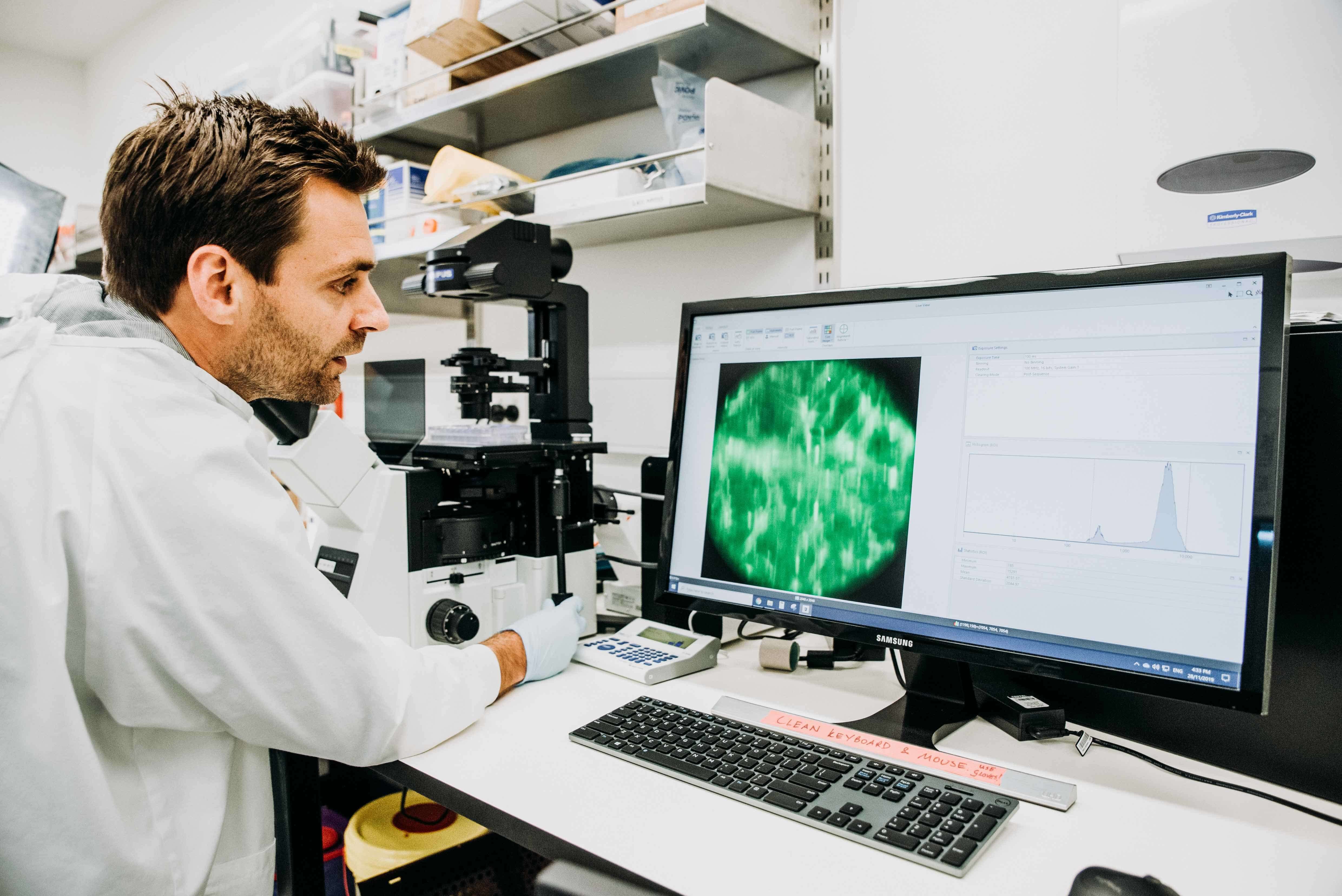
A person’s microbiome is the sum total of genetic material from all the micro-organisms that live in, and on, their body.
Discover SAHMRI's research on Digestion, Gut Health and the Microbiome here.
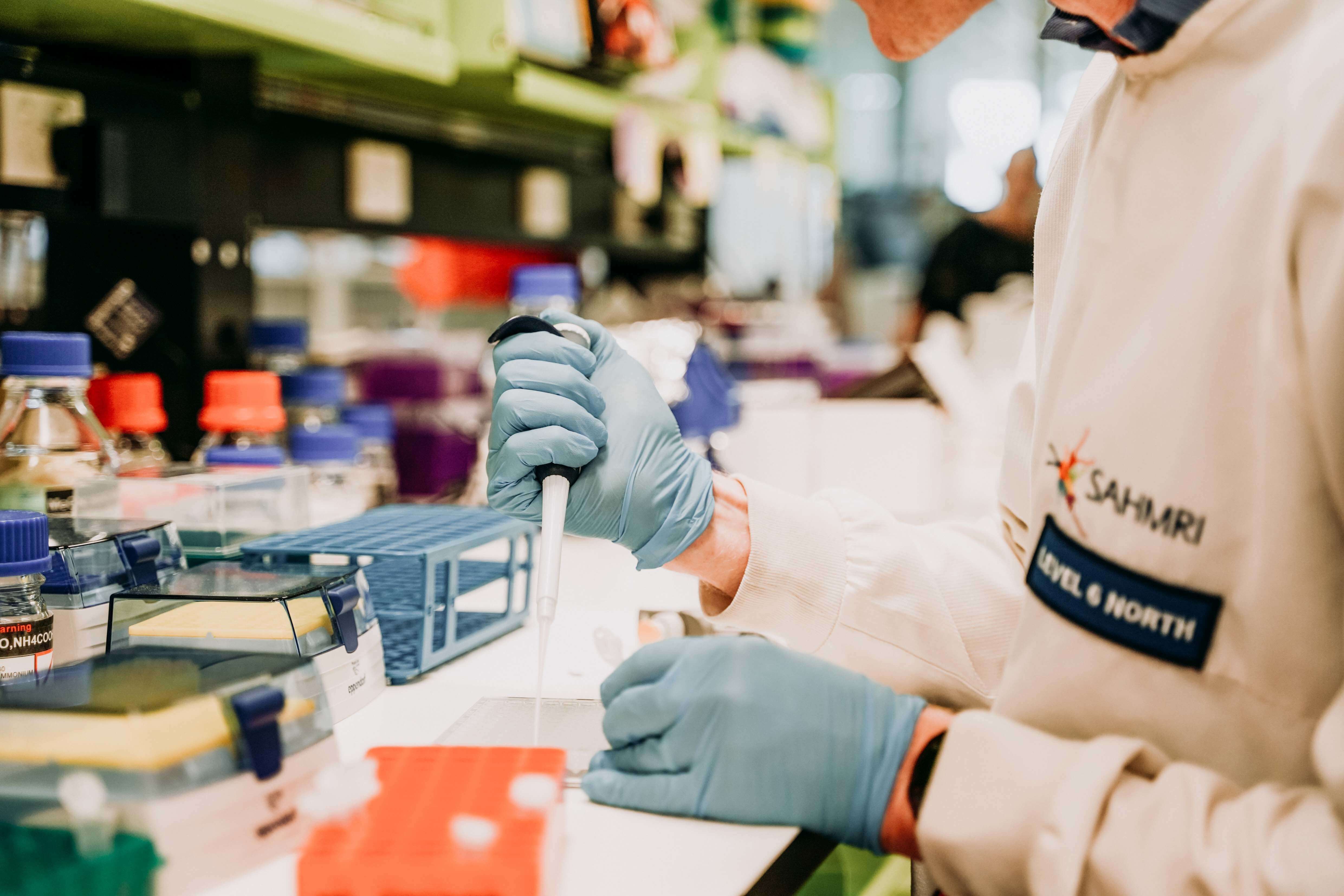
Genetics is the study of genes and how the characteristics of an organism are passed from one generation to the next.
Discover SAHMRI's research on Genetics here.
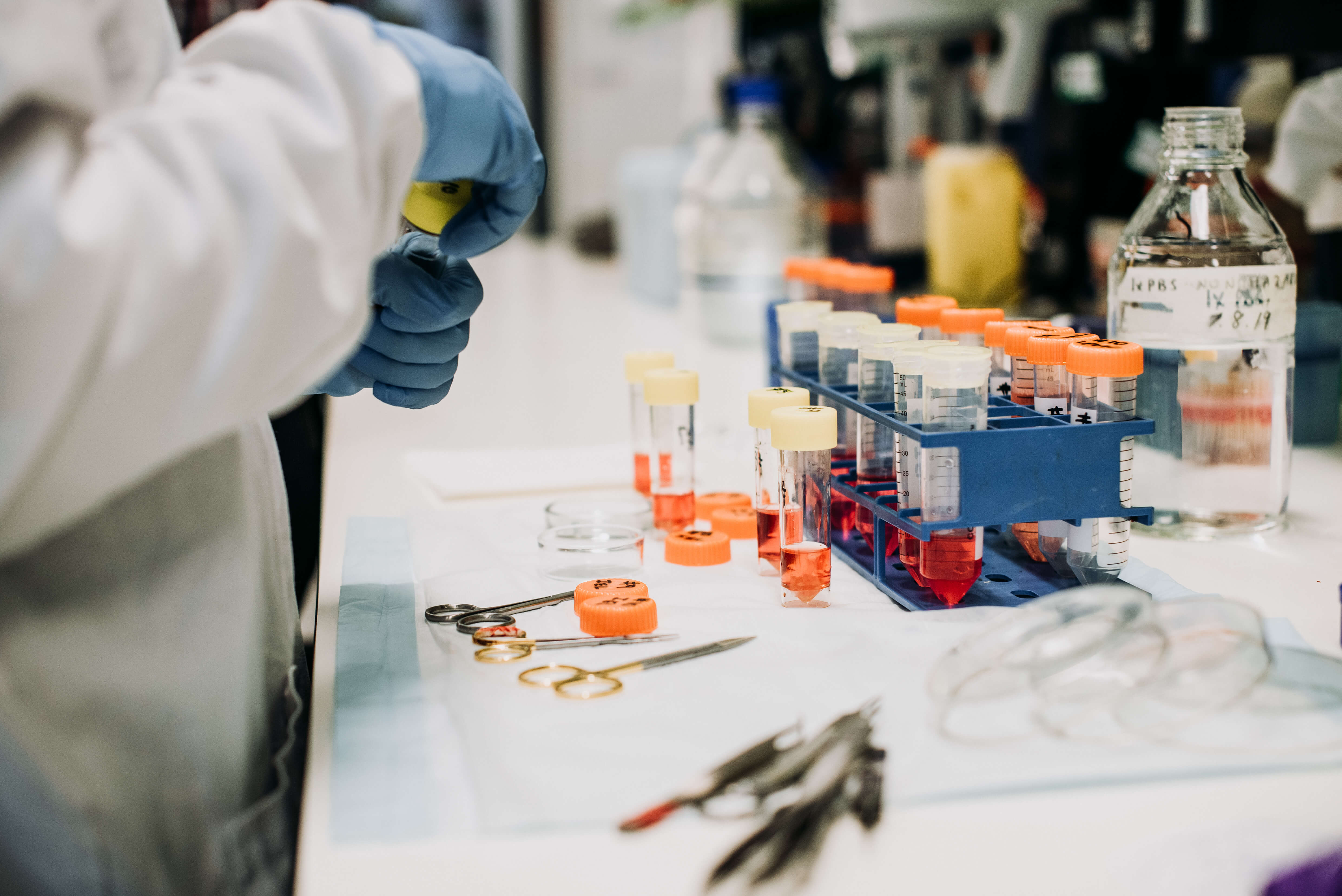
The cardiovascular system is driven by the heart, carrying oxygen and other nutrients to the body and removing carbon dioxide and other waste products.
Discover SAHMRI's research on Heart and Circulation here.

Infections can be caused when harmful bacteria, viruses and other microorganisms invade the body and proliferate.
Discover SAHMRI's research on Infection and Immunity here.
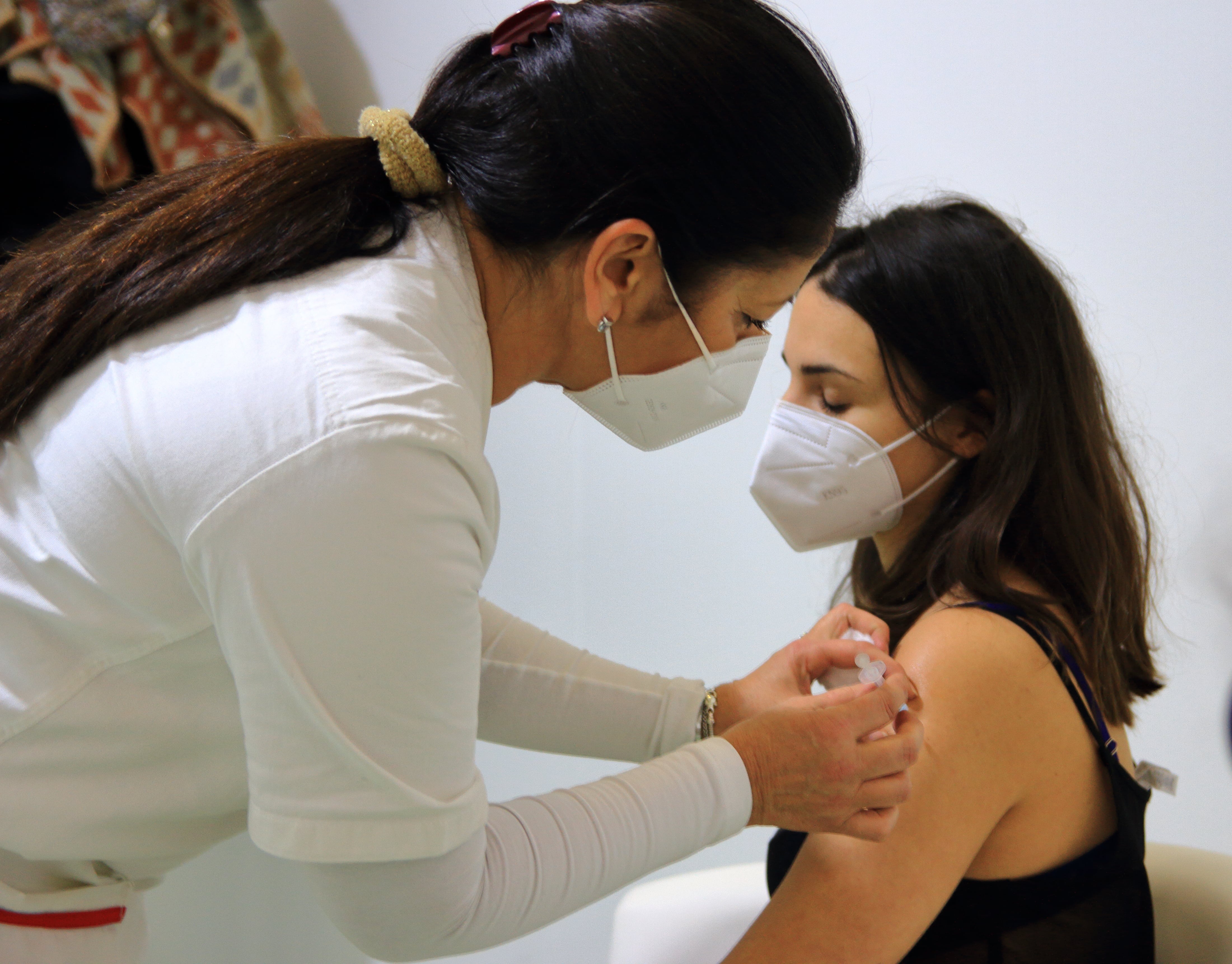
To accurately diagnose, monitor and treat disease it is essential to be able to see what is happening inside the body.
Discover how SAHMRI utilises Medical Imaging here.

There are several common health issues that are specific to men. In addition to this, a large proportion of non-sex-specific health issues impact men in greater numbers than women.
Discover SAHMRI's research on Men’s Health here.

Metabolism refers to the chemical reactions that take place in the body, converting food – nutrition – to the energy that is needed to function and maintain health.
Discover SAHMRI's research on Nutrition and Metabolism here.

Almost all pain is caused by inflammation of some kind. Inflammation is part of the body’s natural immune response to fight infection or heal itself from injury.
Discover SAHMRI's research on Pain and Inflammation here.

The early years of life are crucial for healthy physical, cognitive, social and emotional development. Healthy development begins from conception and is even impacted by parental health before conception.
Discover SAHMRI's research on Pregnancy and Childhood Development here.

Proton therapy is a type of radiotherapy that targets tumours with high-energy, positively-charged particles (protons). It is a more precise alternative to X-ray (photon) radiation therapy, which is more commonly used to treat cancers.
Discover SAHMRI's research on Proton Therapy here.
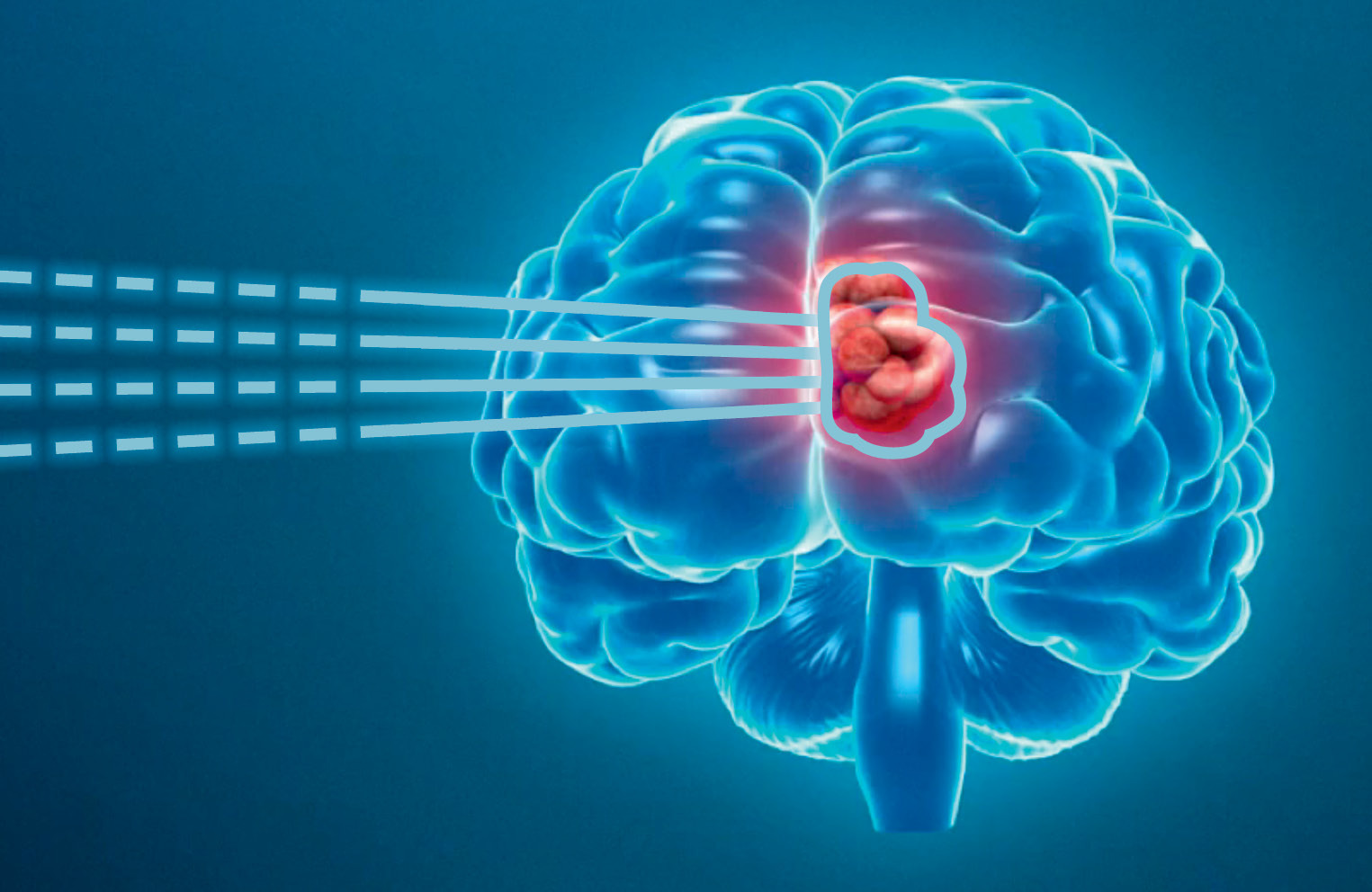
Public health is a field of science focused on improving the general physical and mental health of a population, primarily through promoting healthy lifestyles to prevent disease before it occurs.
Discover SAHMRI's research on Public Health here.

Radiopharmaceuticals are drugs that contain radioactive isotopes which emit energy. Diagnostic radiopharmaceuticals are used for imaging to locate or define disease, or to monitor a person’s response to treatment.
Discover SAHMRI's research on Radiopharmaceuticals here.
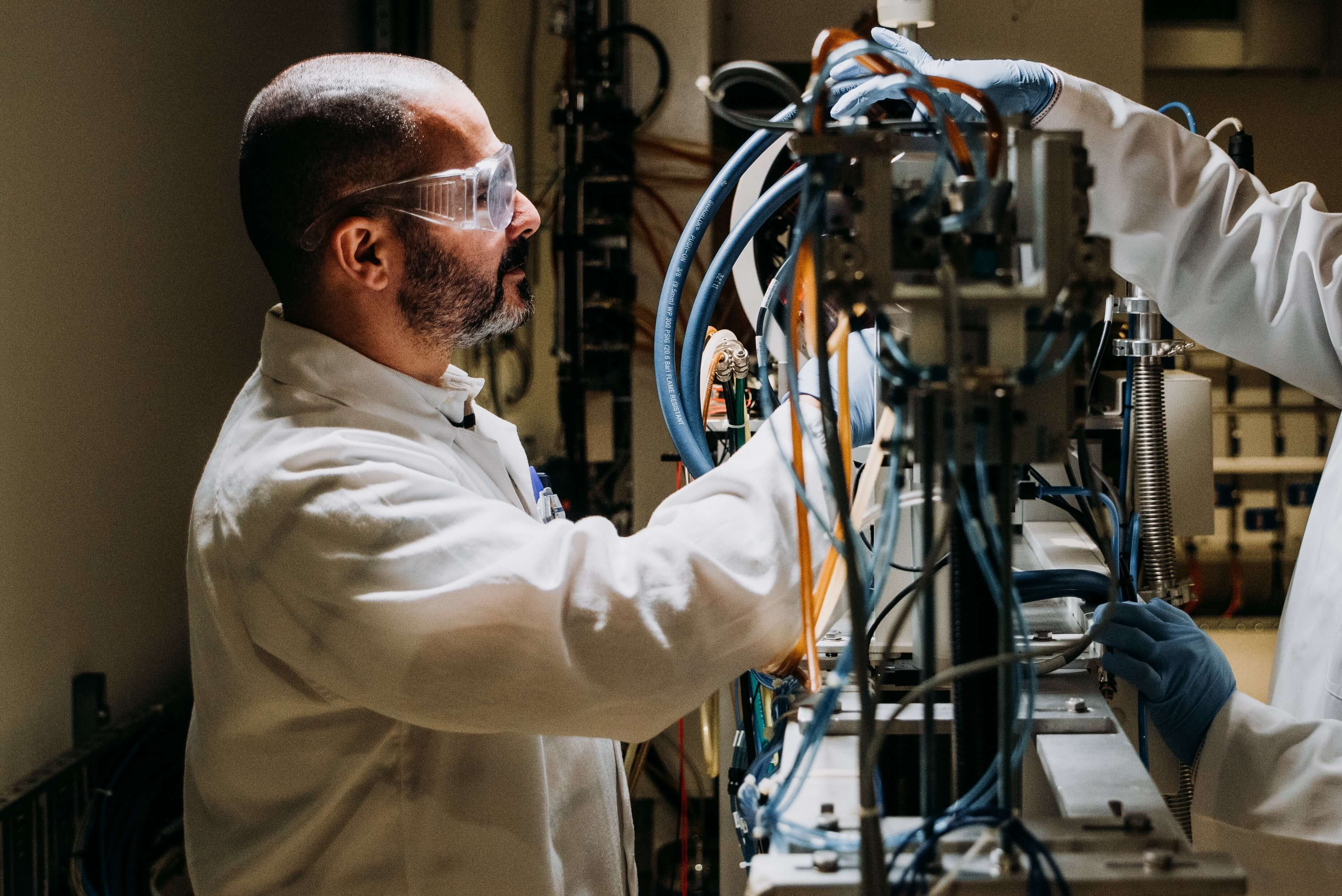
Registry science uses large databases that house uniform information relating to specific diseases, conditions, demographics or other unifying parameters.
Discover more about SAHMRI's Registry and Data Science here.

